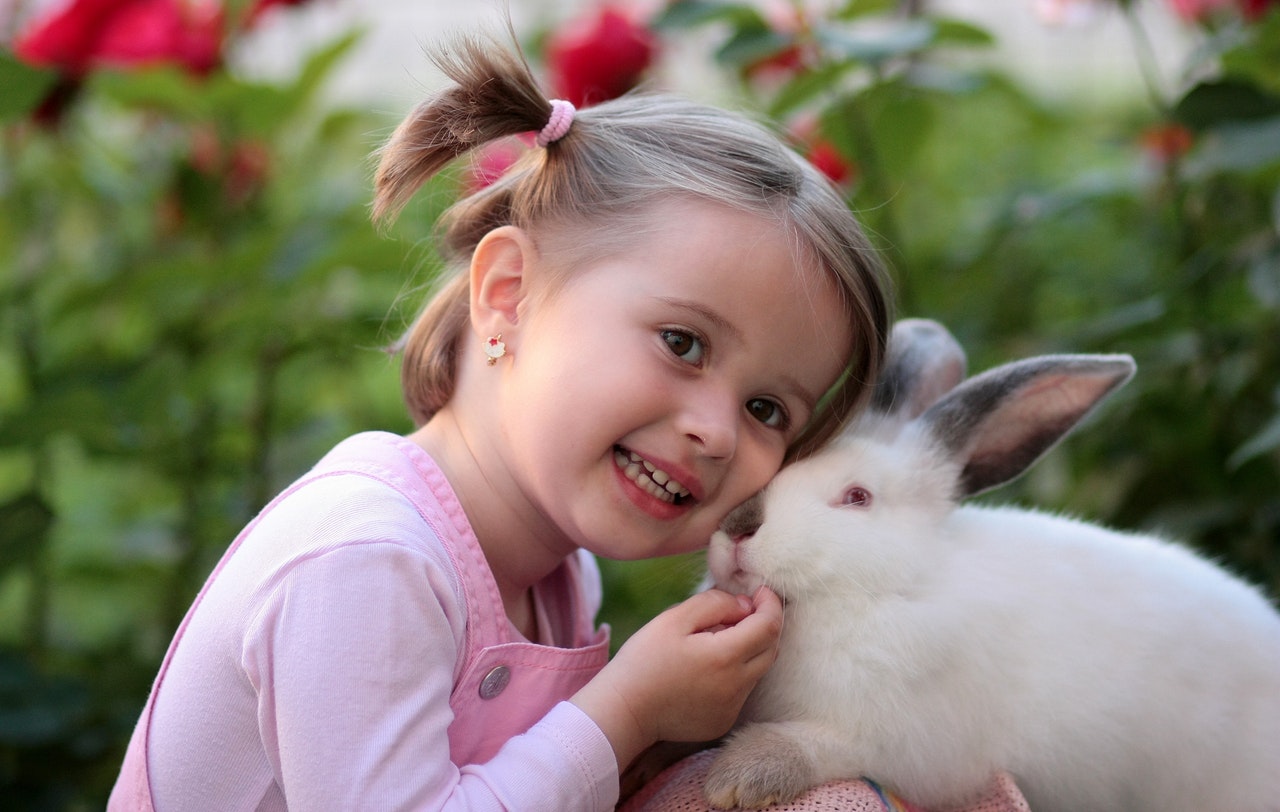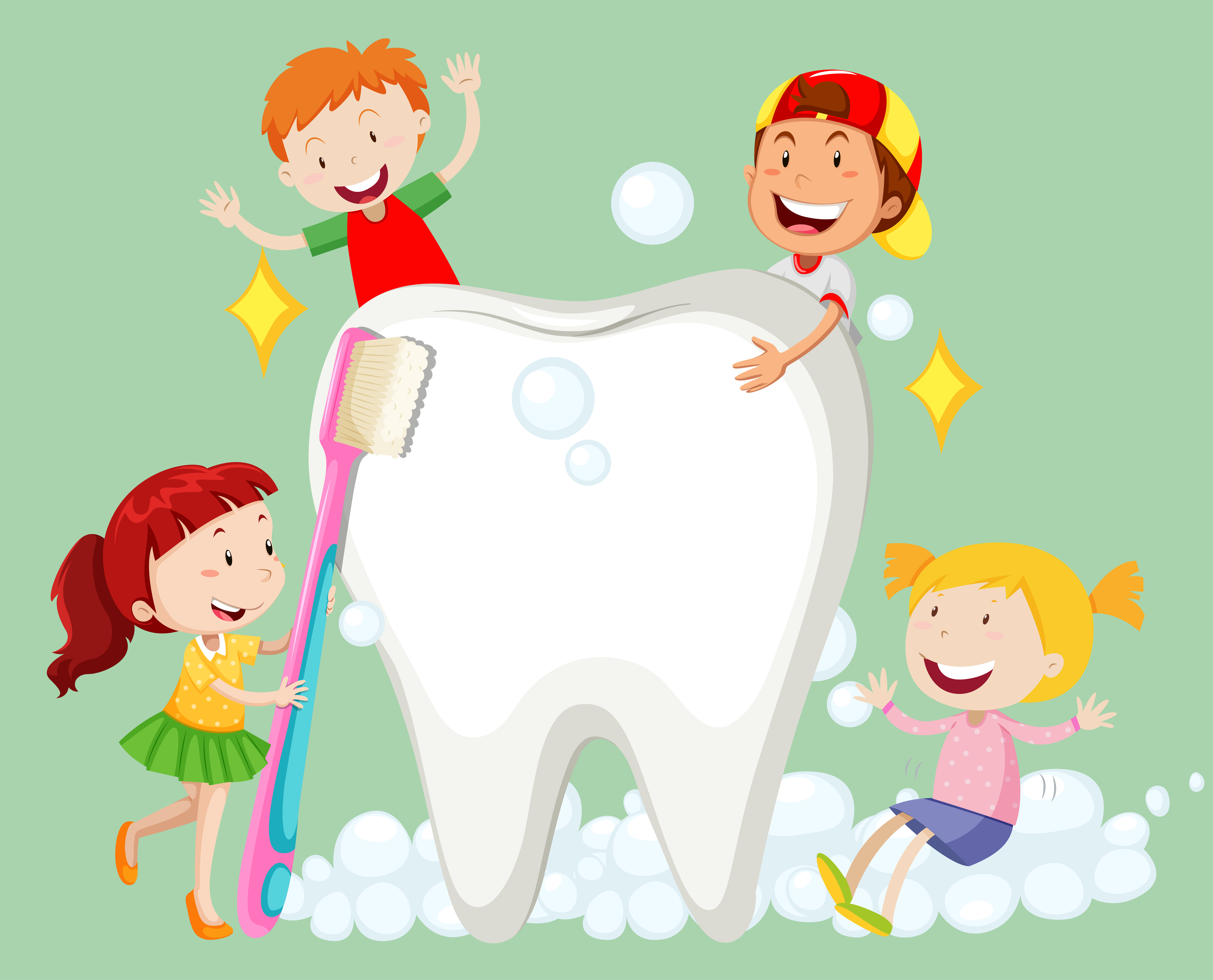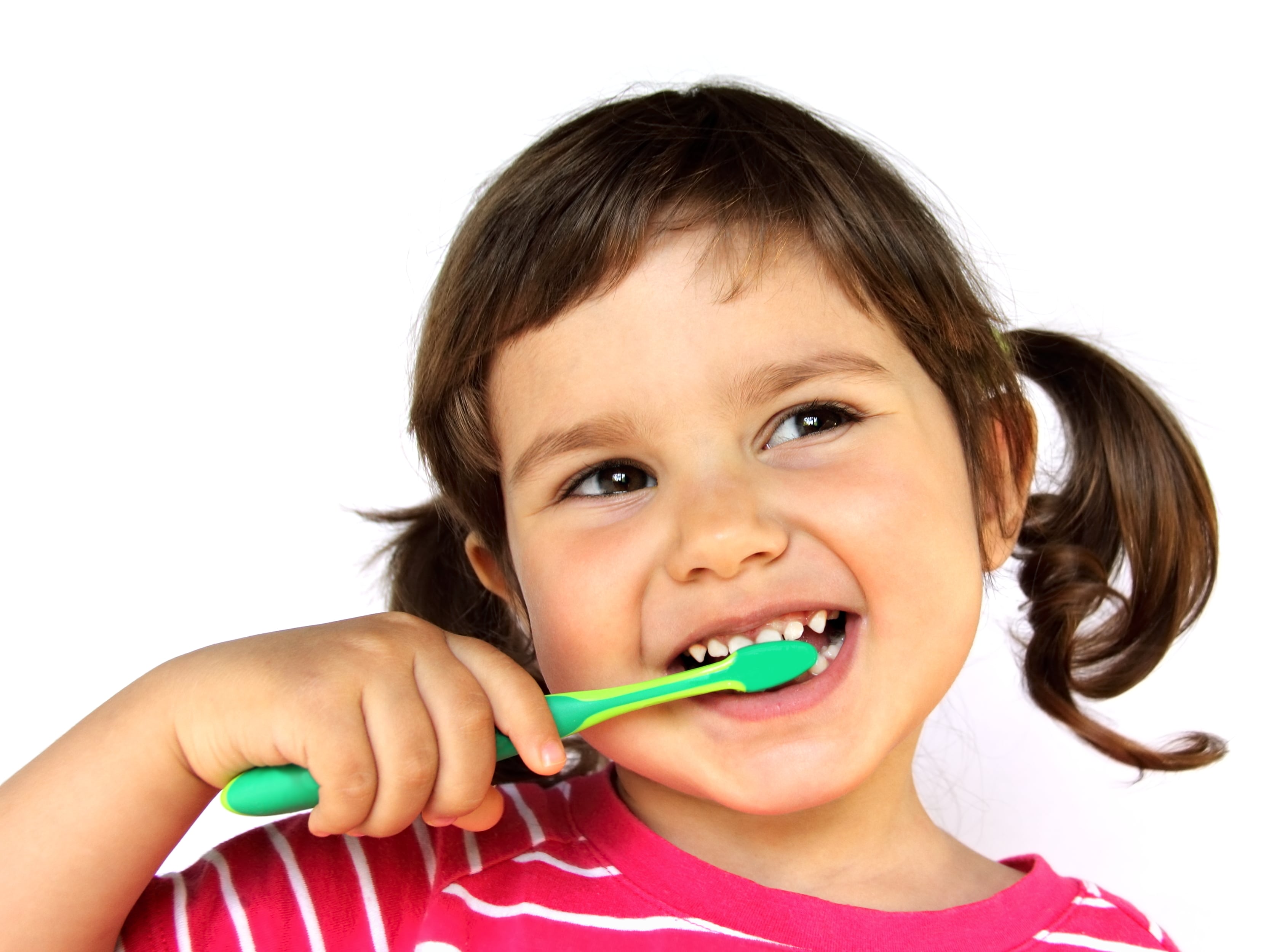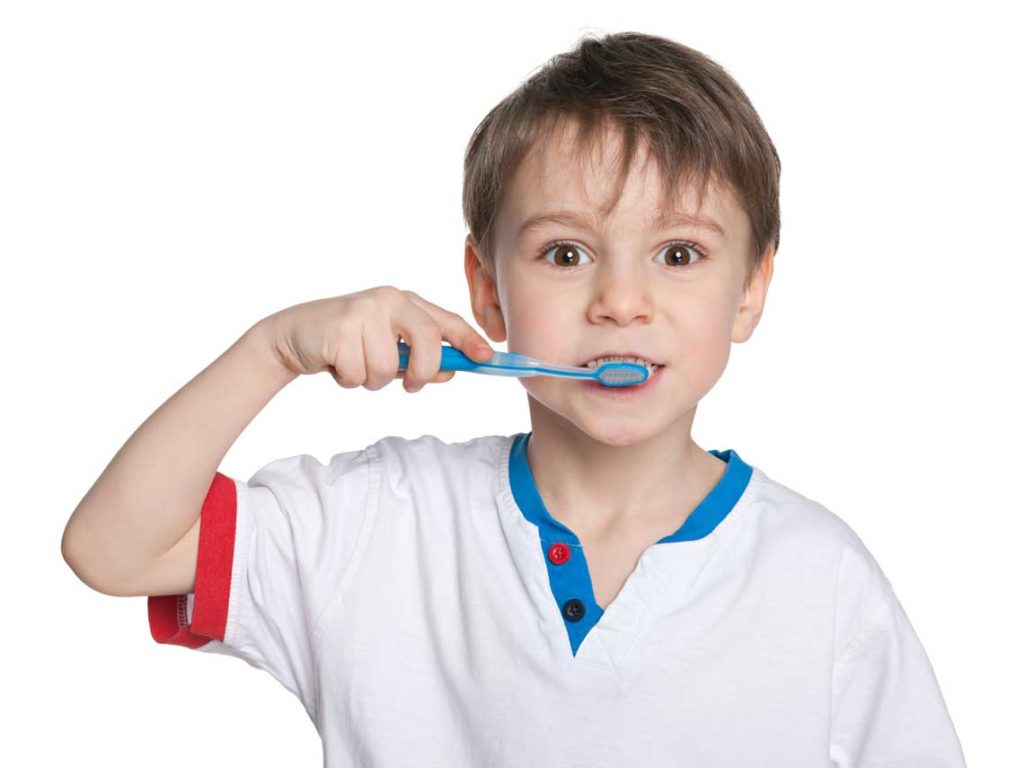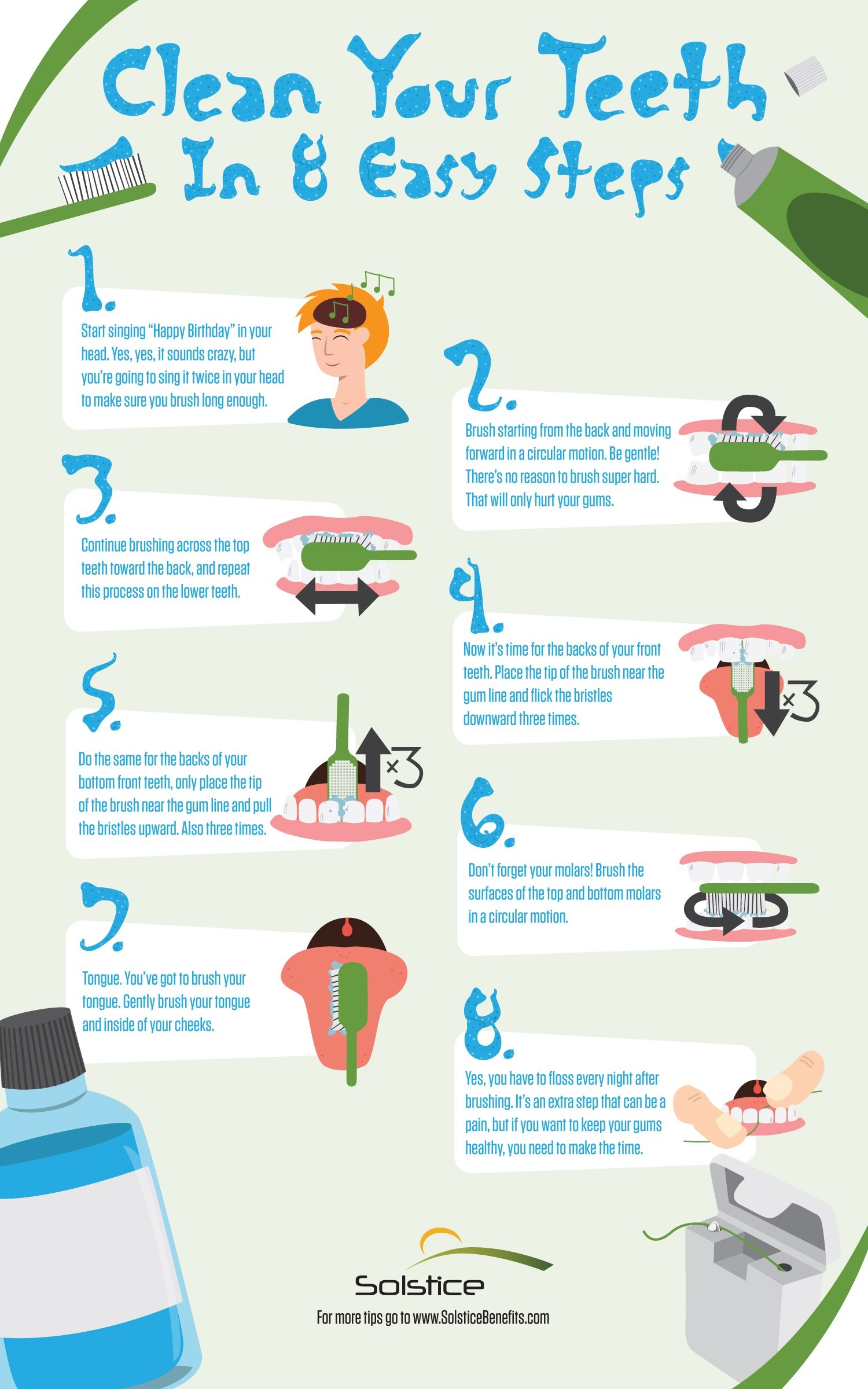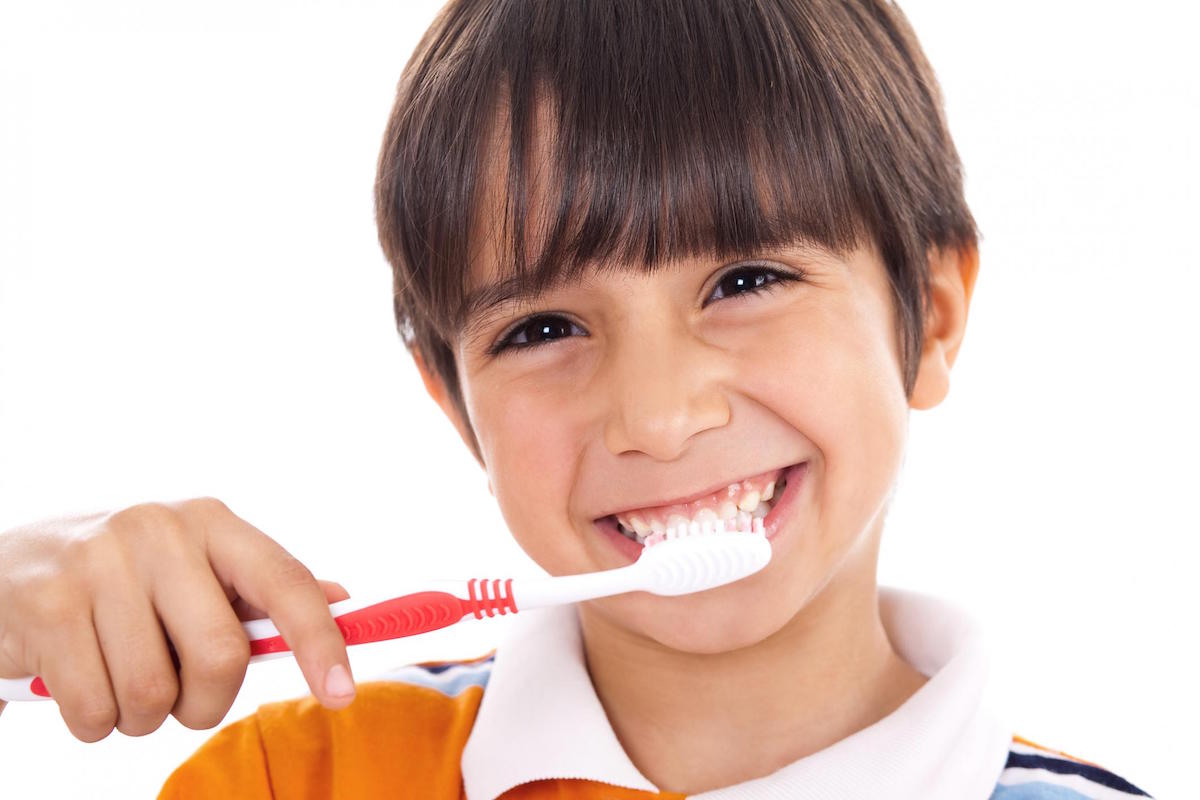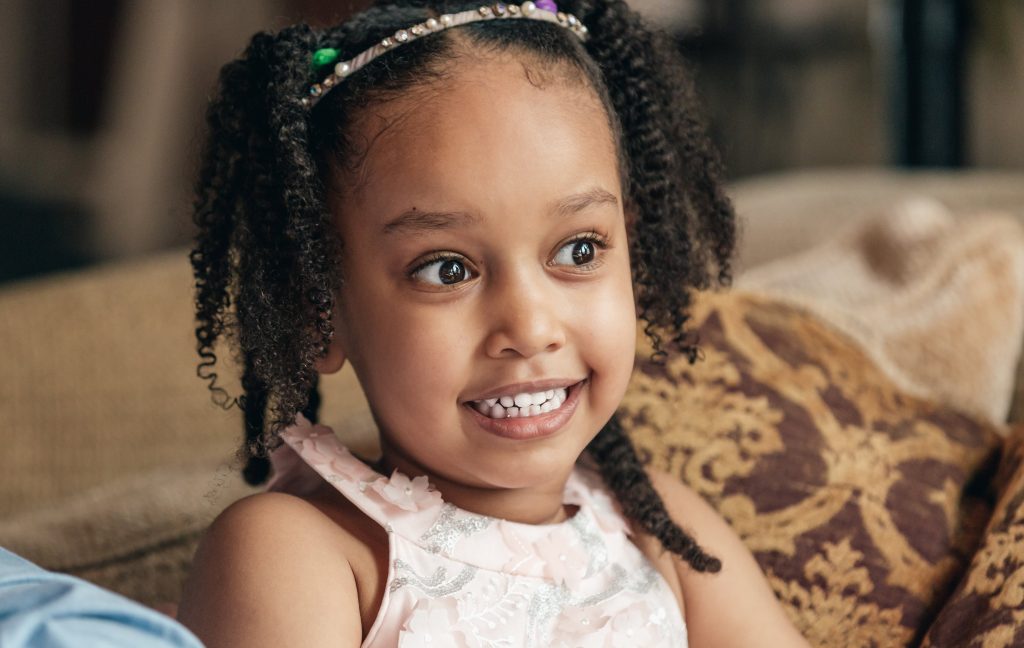Matchless Tips About How To Clean Your Teeth Children
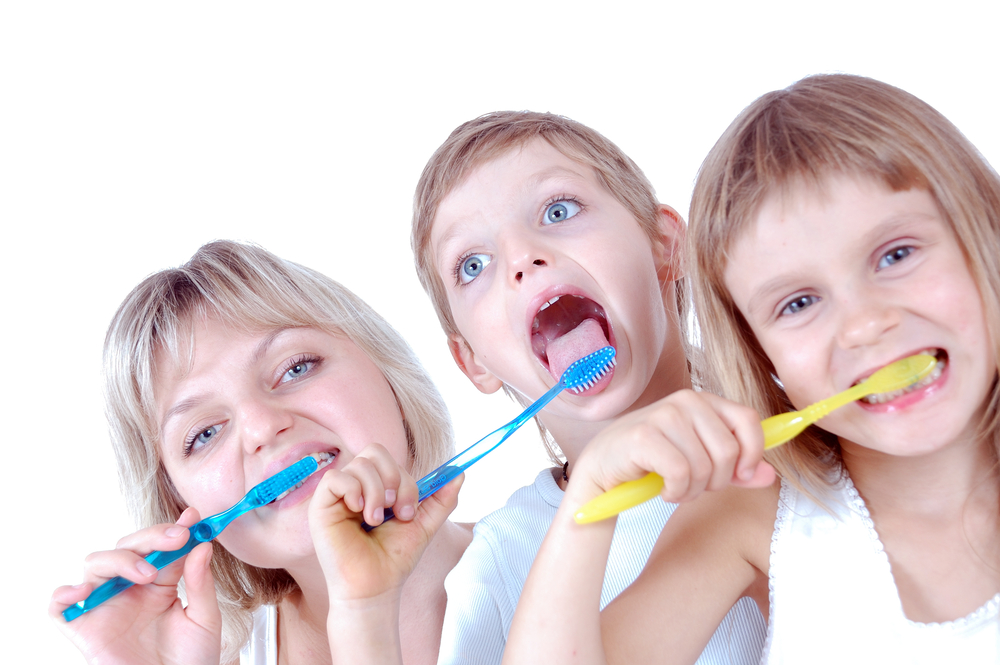
Infections that can affect the whole body.
How to clean your teeth children. How can i use this resource pack? Children need to be helped or supervised brushing their teeth until they're at least 7 years old. Start cleaning your baby’s teeth 2 times a day as soon as they come in.
Teeth cleaning for older children. How to clean your teeth. How to care for baby teeth.
Do not use toothpaste until your child has teeth. Before and after the teeth come in, clean your child’s mouth after each feeding or at least twice at day (picture 2). Although you should brush their teeth for them, you can give them a toothbrush to chew on to get them used to the texture of it.
Make sure you clean all the surfaces of all your teeth, which should take about 2 minutes. Tooth decay can begin as soon as your child gets their first baby tooth. From brushing their first tooth to their first trip to the dentist, here's how to take care of your children's teeth.
Brushing your teeth twice a day for about 2 minutes with fluoride toothpaste is the best thing you can do to keep your teeth and mouth healthy. You may find it easier to stand or sit behind your child, cradling their chin in your hand so you can reach their top and bottom teeth more easily. Here's how you and your children can have healthy teeth and keep trips to the dentist to a minimum.
Start with a generous length of floss, holding it tightly between your thumbs and index fingers. Try some of these tips to make your child’s daily brushing routine enjoyable. Take your child to the dentist for regular checkups.
Cleaning your child's teeth should be part of their daily hygiene routine. Teach your child to brush 2 times a day. This pack contains a parent guide with some top tips to help establish a good tooth cleaning routine with your child.
Plak), a clear film of bacteria that sticks to your teeth. Costly dental or emergency care. When brushing is finished, your child should spit out leftover toothpaste, but they don’t need to rinse out their mouth.
Brushing with a soft toothbrush and water. Remember to brush the inside surfaces, outside surfaces and the chewing surfaces of your teeth. It’s important to know that one of the reasons some children are more prone to developing cavities is because of a bacteria called streptococcus mutans.
Taking care of your teeth helps prevent cavities and gum disease. If plaque isn’t removed, it continues to build up and could lead to a number of oral diseases such as tooth decay and gum disease. Missed daycare or school days.






